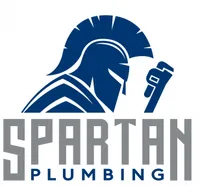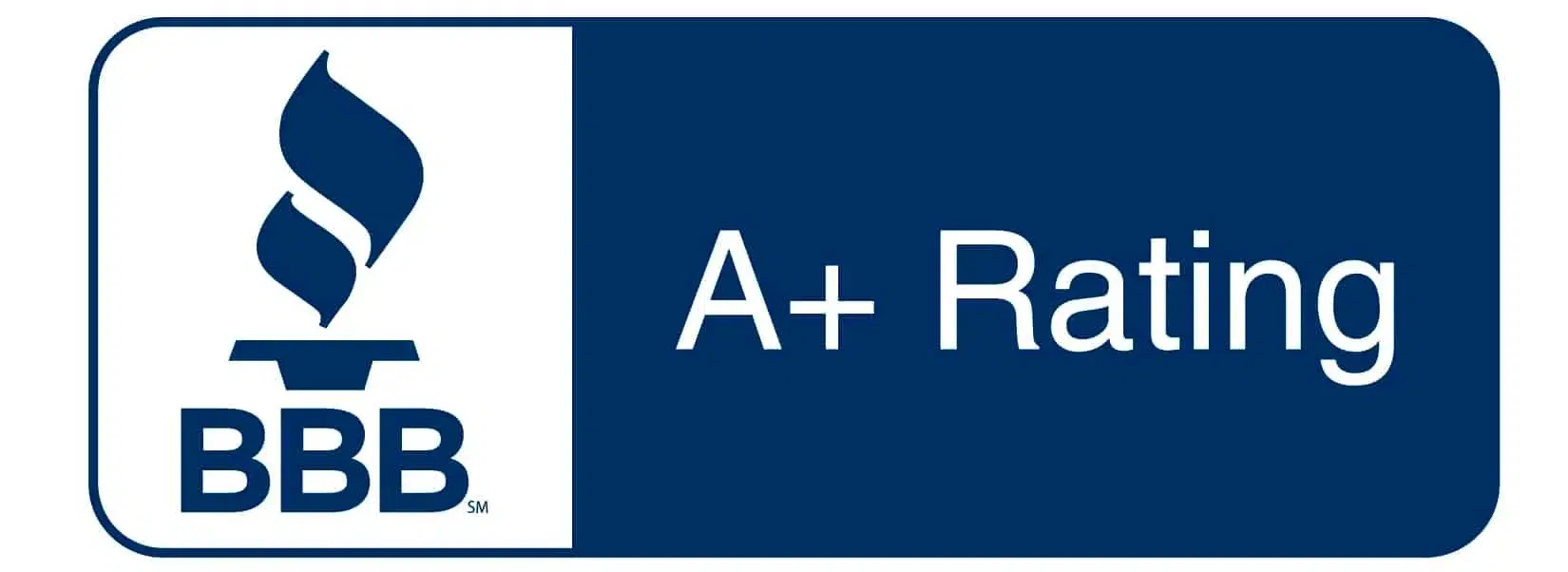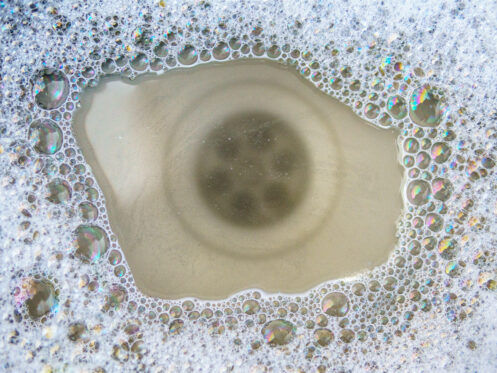Being a homeowner means occasionally dealing with various issues and paying to have them fixed. One of the most common problems you’ll encounter is drains becoming clogged or deteriorating to the point where they start leaking.
Some drain issues aren’t all that serious. However, a leaky drain pipe inside a wall or underneath a floor can result in serious damage or lead to mold growing inside your house. That’s why it’s important that you use your plumbing correctly, take steps to protect your drains and know when to call a plumber before major drain (and sewer) issues strike.
Be Careful About What Goes Down Your Drains
Most drain issues are caused by improper use, such as washing and flushing things that should go in the trash. One easy way to help prevent food particles and hair from clogging your drains is to use sink strainers in the kitchen and cover your bathtub or shower drain with a strainer if possible. Avoiding shaving/trimming your facial hair over the sink and not washing your razor off in the sink also helps to prevent your bathroom sink drain from clogging.
Washing fat, oil and grease down your kitchen sink is a sure-fire way to cause the drain to clog eventually or, even worse, cause your sewer line to clog. These substances aren’t water soluble and end up floating on top of the water and getting stuck inside pipes. This leads to a sticky layer forming inside the pipes that traps food particles and other solids, creating a blockage that eventually results in a major clog.
Flushing solid items other than toilet paper and human waste is also an easy way to cause major toilet and sewer line clogs. Among the biggest concerns are items like feminine hygiene products, cotton pads and wet wipes. All of these things remain intact when flushed, which often results in them getting outpaced by the water and left behind in the drain or sewer pipe.
Feminine hygiene products and cotton pads can also absorb large amounts of water and swell to the point where they get stuck inside pipes. Even so-called “flushable” wipes aren’t actually safe to flush. Companies use the term flushable because the wipes usually won’t clog the toilet if you don’t use too many, but they can get stuck inside drain pipes and sewer lines.
Use Your Garbage Disposal Properly
Another common mistake people make is overloading their garbage disposal or thinking it can safely handle whatever they put into it. Garbage disposals are mainly meant to pulverize any food scraps that get washed down the drain to help prevent them from potentially clogging the kitchen sink.
You can also safely put some fruit and vegetable scraps you produce when prepping meals in a garbage disposal. You must chop them up into small pieces first and don’t put too many of them in at once.
In terms of potentially clogging your garbage disposal or kitchen sink drain, the main things to avoid are pasta, rice, oatmeal and other grains and any other starchy foods like potatoes and potato peels.
Trying to run onion skins or eggshells through a garbage disposal can also result in the garbage disposal getting clogged due to the slimy membranes blocking off the drain holes. Washing coffee grounds down the drain can easily result in a clog as well.
Watch Out for Signs of Drain Issues
Clogs commonly develop over time as a result of hair, food scraps, fat, grease, etc., getting stuck in the drain or building up inside the P-trap below the drain. When this happens, you’ll usually notice certain signs before the drain becomes completely clogged.
The main thing to watch for is if the water goes down the drain more slowly than normal. If a drain is partially clogged, you’ll often hear a gurgling or bubbling noise coming from it as the water goes down as well.
Foul-smelling odors coming out of a drain can also indicate that there’s quite a bit of organic debris stuck in the drain and P-trap. You can, sometimes, eliminate the smell by pouring vinegar down the drain and letting it sit for a while before flushing the drain with hot (not boiling) water. However, the odor will usually return in a few days unless you take the necessary steps to clean the drain and remove all of the trapped debris.
Avoid Using Chemical Drain Cleaner
When dealing with a sink or toilet that’s fully clogged to the point that the water won’t go down, the first thing to do is try and use a sink or toilet plunger. If you can’t clear the clog with a plunger, the best option is to call a drain cleaning service.
The one thing you should never do is pour chemical drain cleaner down the sink or into the toilet. These products work well at breaking up clogs, but that’s because the chemicals they contain are extremely harsh and corrosive.
Drain cleaners are either acidic or alkaline (basic). Acid drain cleaners work by eating through whatever is clogging the drain and causing it to dissolve. The problem is that the acid is highly concentrated and can quickly start eating into metal pipes or causing PVC pipes to degrade and weaken.
Most alkaline drain cleaners contain lye, which can quickly cause hair and food particles to dissolve. The concern is that lye reacts with many types of metal and can cause pipes to corrode. Alkaline drain cleaners are also effective at eliminating grease and fat in drains.
When lye mixes with water, a chemical reaction is produced that releases heat and causes all of the grease and fat to quickly melt. The concern in this regard is that the heat produced by this reaction can cause PVC pipes to become hot enough that they begin to warp or even melt.
Using drain cleaner one time usually won’t damage your drains and pipes, but repeated use can cause extensive damage that necessitates extensive and costly repairs. That’s why the best option is to always call a plumber if plunging the sink or toilet doesn’t work.
Schedule Preventative Drain and Sewer Cleaning
Regular maintenance is also crucial for avoiding major drain and sewer issues. Pouring baking soda and then vinegar down all of your drains every few months helps to remove soap scum and grease and reduce the chances of drain issues.
However, you may have an older house with original plumbing or experience frequent drain issues. If so, it’s a good idea to have a plumber clean and inspect your drain and sewer system every year or so. Even if you have a newer home, scheduling this type of service every year or two can go a long way toward helping you avoid drain disasters and expensive repairs.
Contact Us Today
Spartan Plumbing is the company to depend on for reliable plumbing services in Southwest Florida. From drain cleaning and sewer repairs to installations and repiping, you can trust us to professionally see to all of your plumbing needs. To schedule service and get any drain issues in your home taken care of promptly, call us today.


